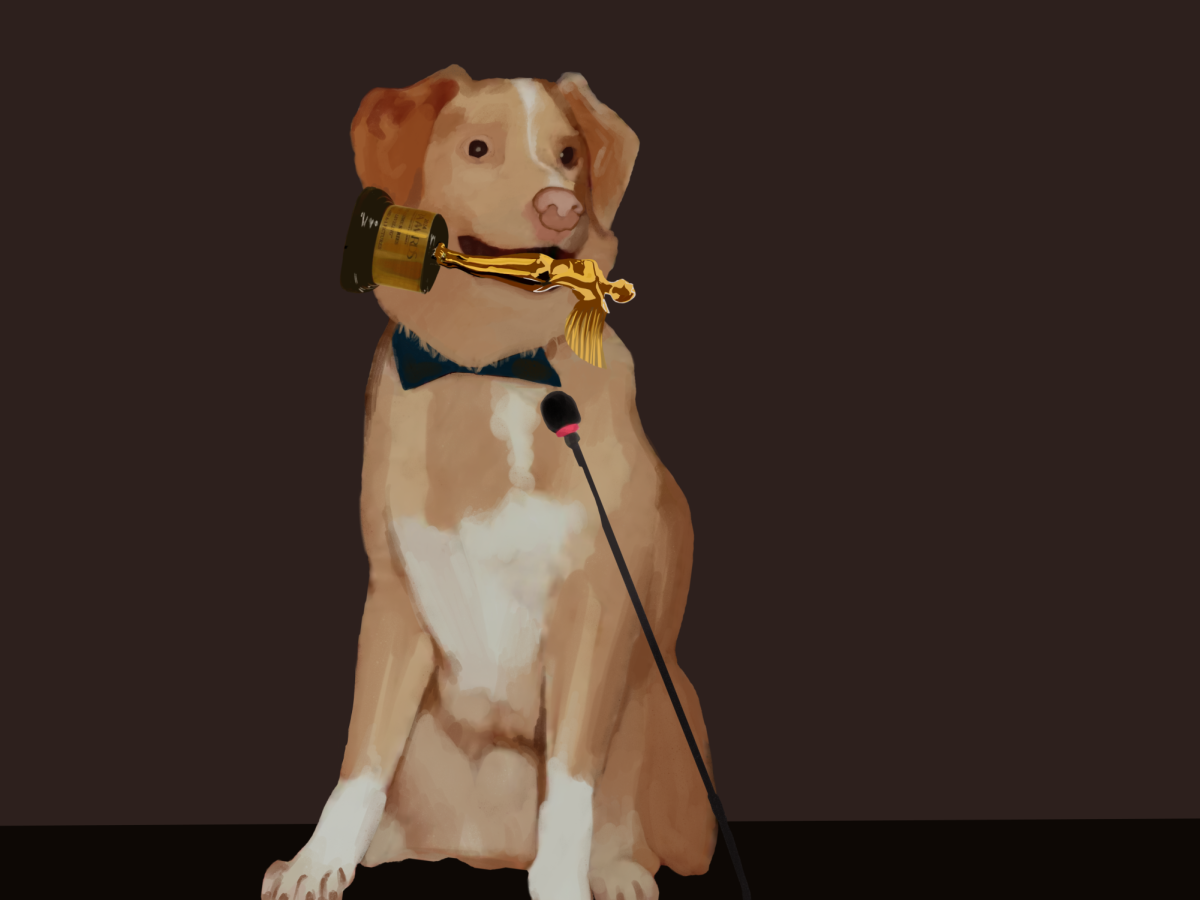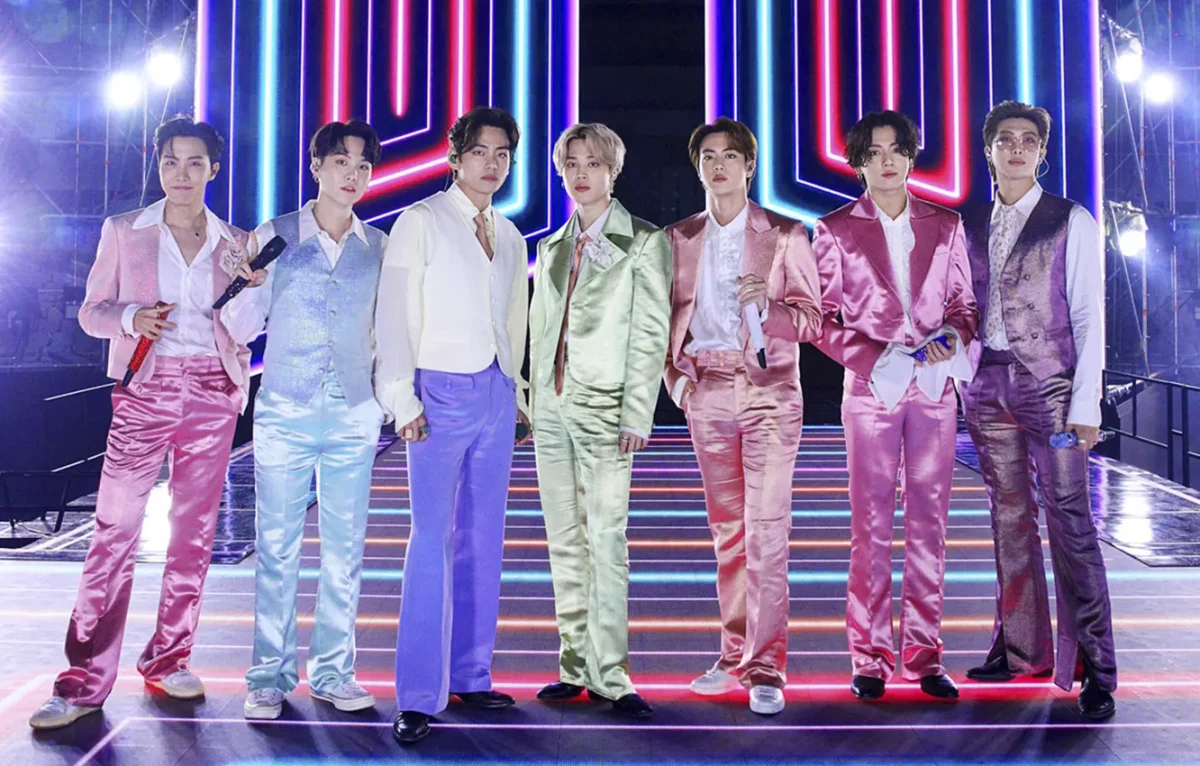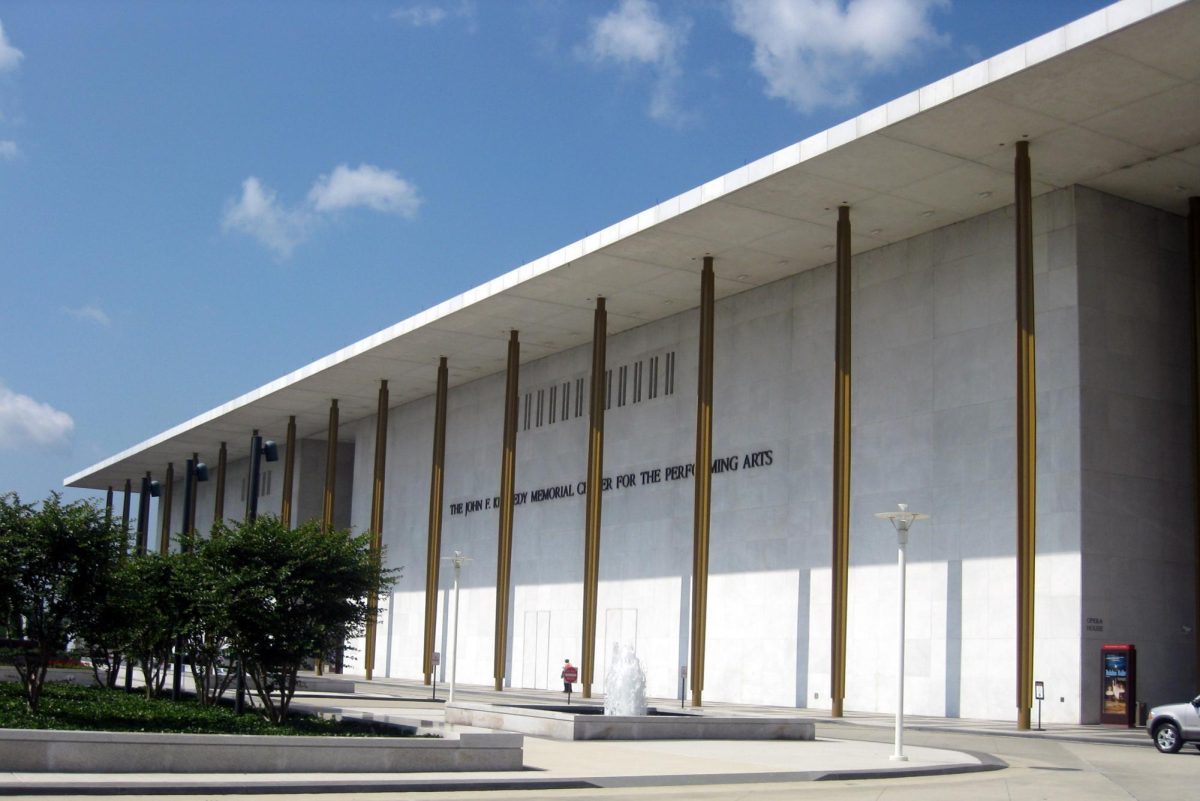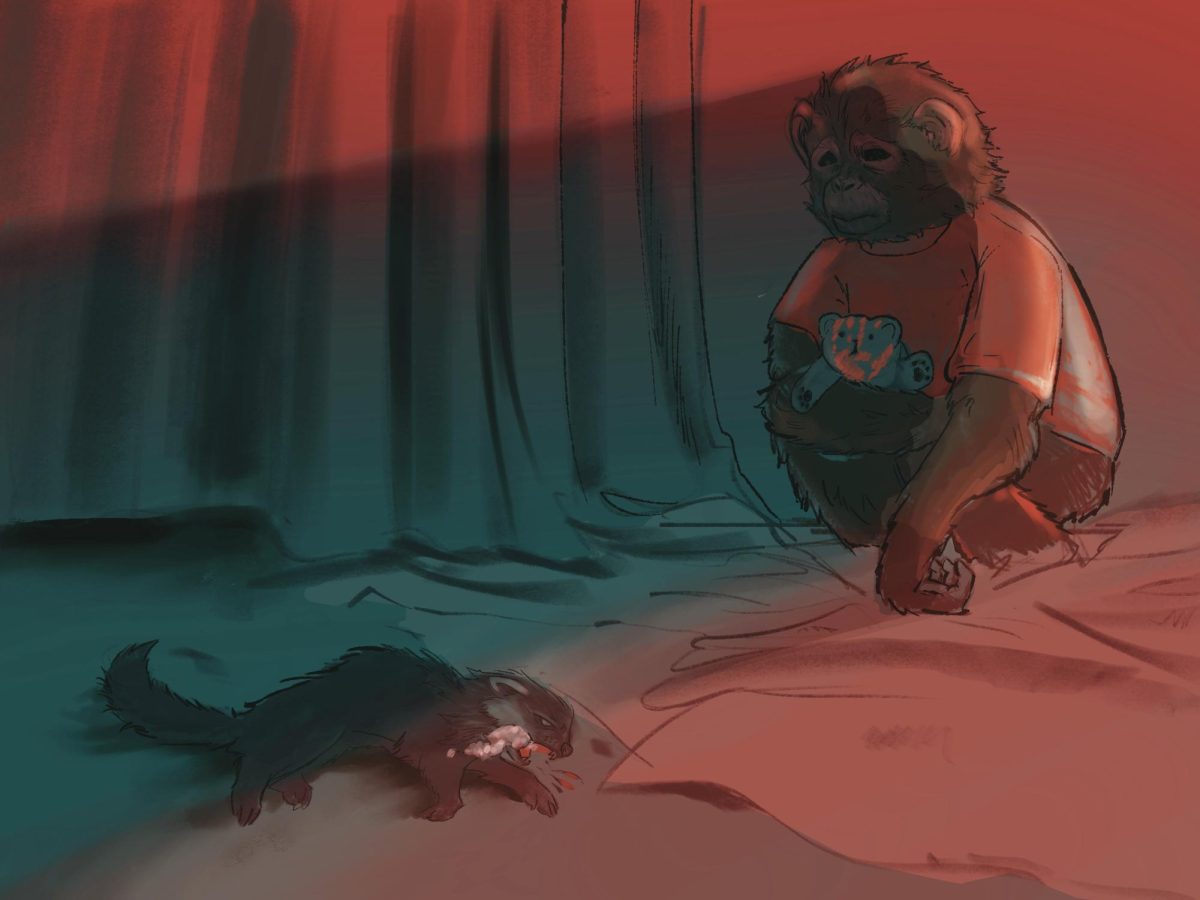“The irregularity is the essence of it,” said Fraser, the main character in Luca Guagdagnino’s We Are Who We Are, which serves as a perfect description encapsulating the entire eight-episode mini-series that premiered its finale on Nov. 2.
Guagdagnino often likes to use idyllic European scenery with groups of people, usually the odd men out, but instead, his new show places Americans in past spatial-temporal zones invocative of the works of Eric Rohmer.
He plays with the aspect of desire and tones of sexuality and masters the projection of love and grief. There is a common theme of unrequited love between young quietly arrogant men on the brisk of self-discovery longing for older masculine figures, almost like an upside-down Lolita.
Guagdagnino leaves his fingerprint all over this new age realist show, deciding to go the La Jettée route at times with frame by frame shots, making it not only cinematic but also adding an almost photographic novel aspect to the series.
The entire show poses a philosophical question to the viewers: What exactly is belonging and when do you know you’ve achieved it? We Are Who We Are’s main characters are hard to pin down to any stereotypical characteristic tied to the typical coming-of-age storylines. They burst out of those molds, creating a never-before-seen set of circumstances playing out in an American army base under the backdrop of the 2016 presidential election.
This show does so much in such few episodes with its divulging into self-discovery. It takes the journey of esoteric and psychedelic characters dealing with their possible trans identity and confusion of all kinds including sexuality, culture and religion, all while navigating the terrain of friendship and a makeshift family. We Are Who We Are challenges the viewership on what “normal” love looks like.
Jack Dylan Grazer feels like a sensory overload in this role, and every time viewers think they can relate to his character while predicting what’s to come, the rug gets swiftly tugged from under their feet. His character can almost be interpreted as a critique of the American bourgeoisie stationed in other countries as soldiers or expats and the inconsequential lives they lead abroad.
Artist Kid Cudi, credited as his real name Scott Mescudi, tears away from his role in How To Make It In America and plays a part viewers have never seen from him — a Trump-supporting military father to Jordan Kristine Seamón, who is a newcomer to the screen but accomplishes to steal the show.
The musical stylings of the ingenious Dev Hynes, who scored Melina Matsoukas’ Queen & Slim and Gia Coppola‘s Palo Alto and whose sound and influence is heavily prevalent on Solange’s, 2012 album True, is noticeable, beautifully rich and a rhythmic addition to the show.
Truly, We Are Who We Are is worthy of an Emmy nomination. The episodes, in their 49 to 75-minute entirety, are just enough with a perfect deus ex machina finale. We Are Who We Are is a must watch and a one-of-a-kind delight.








